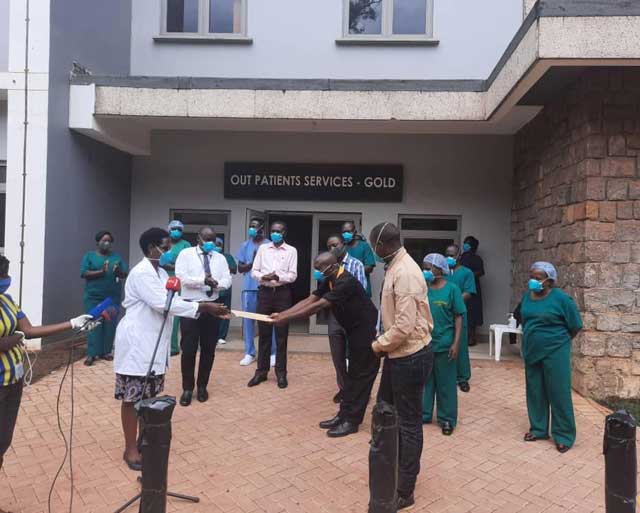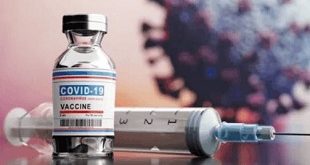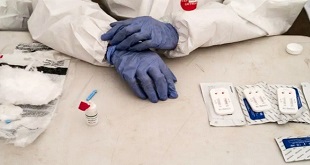
Kampala, Uganda | THE INDEPENDENT | The World Health Organization (WHO) has noted that there’s no guarantee that people who have recovered from Coronavirus Disease and have antibodies are protected from a second infection.
The matter was highlighted in its latest scientific brief released at a time when countries are using the antibody test to determine whether a person has recovered and can be discharged from treatment isolation centres.
According to the brief, countries have been issuing risk free certificates or ‘immunity passports’ to people whenever they have been detecting antibodies to the SARS-CoV-2, the virus that causes COVID-19 in a sufferer’s sample, something they say increases the risk of further transmission of the viral respiratory infection.
“At this point in the pandemic, there is not enough evidence about the effectiveness of antibody-mediated immunity to guarantee the accuracy of an immunity passport. People who assume that they are immune to a second infection because they have received a positive test result may ignore public health advice. The use of such certificates may therefore increase the risks of continued transmission”, reads the brief in part.
In its explanation uploaded on their website on Saturday, the organization notes that many studies have shown people who have recovered from COVID 19 to have antibodies to the virus but in some patients, there are very low levels of neutralizing antibodies seen in their blood, which cannot guarantee protection from another attack by the virus.
In Uganda however, 46 people have recovered and have been issued ‘immunity passports’ or recovery certificates meaning that these can now go back to their communities and go about their businesses as any other person, the Organization warns this is risky.
*******
URN
 The Independent Uganda: You get the Truth we Pay the Price
The Independent Uganda: You get the Truth we Pay the Price

